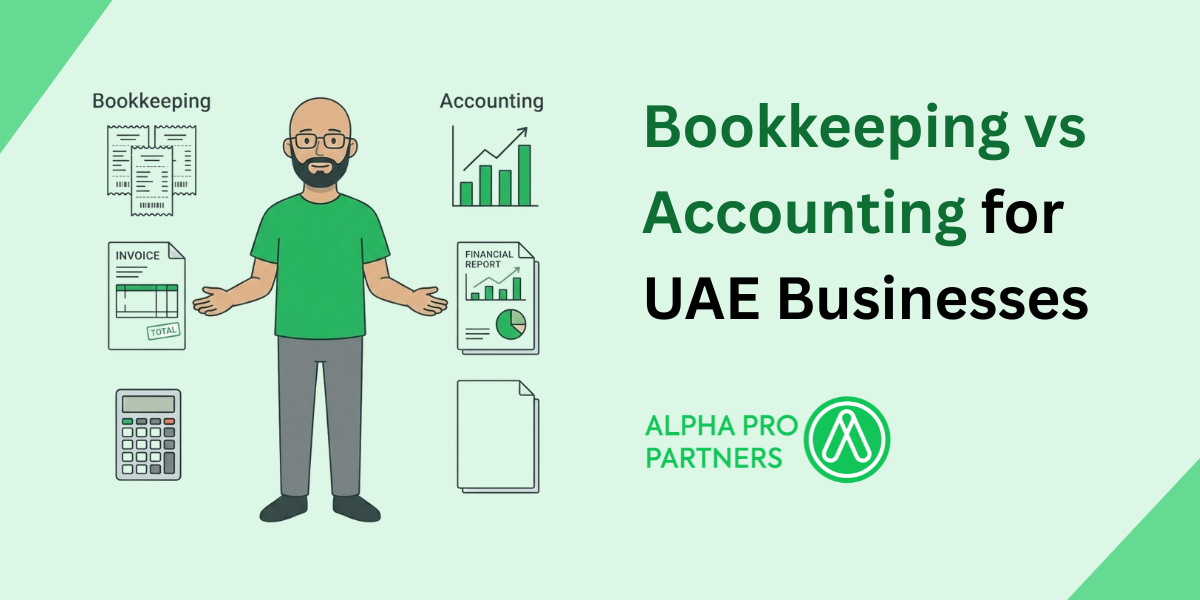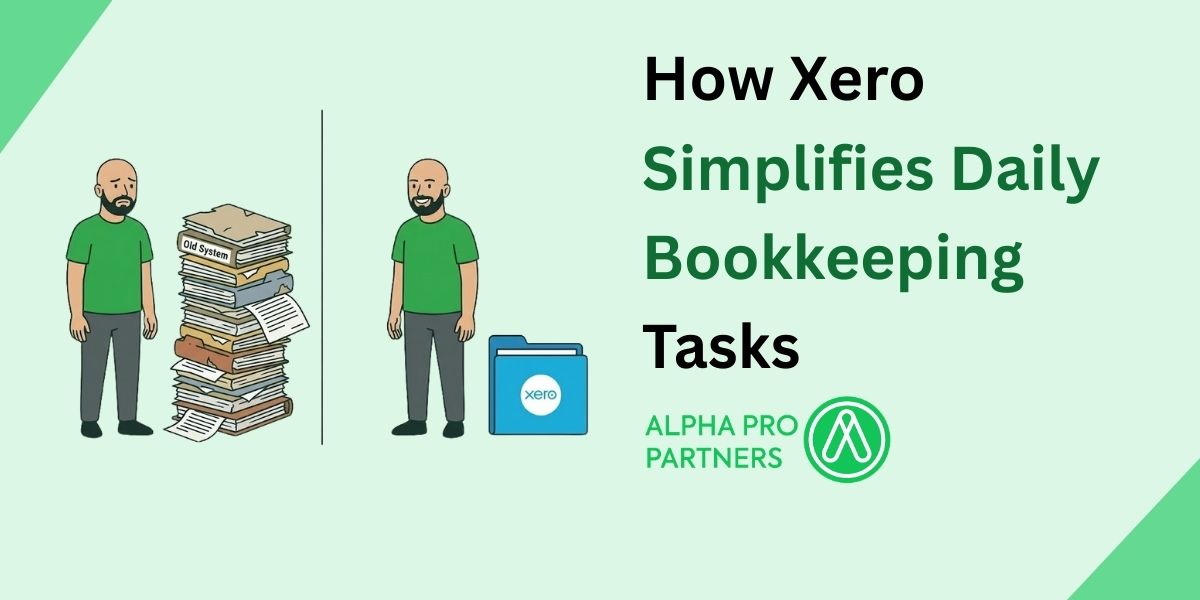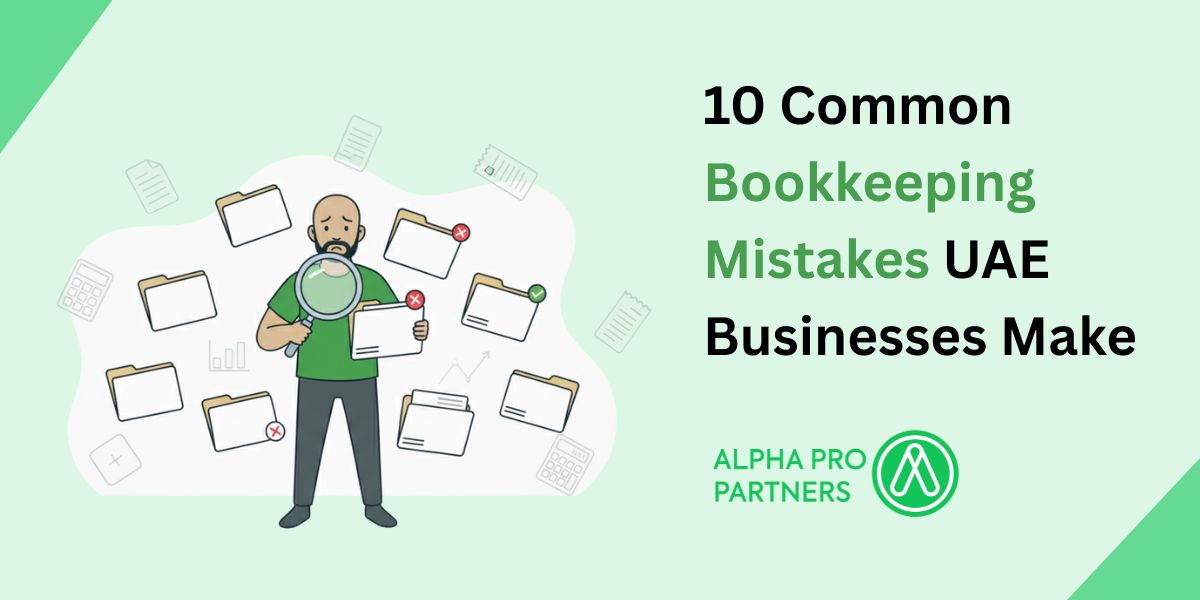UAE Tax Checkup: Your Easy Compliance Guide for 2025

Hey there! Feeling a bit unsure about tax rules in the UAE for 2025? Don't worry, we get it. Things can change, and staying on top of all the rules is super important for your business. This is our simple tax checkup list, made just for you. It covers what Free Zone companies, Mainland businesses, and Offshore setups need to do in the UAE this year.
We'll look at key areas like Corporate Income Tax (CIT), Value Added Tax (VAT), Economic Substance Rules (ESR), and Transfer Pricing (TP). You'll find clear info on important dates, what papers you need, and where to find official government help. We want to make sure you're totally up to date with the latest rules.
This guide is here to help your business stay compliant with the UAE’s changing tax world. It’s a handy tool for running your business smoothly in the UAE, no matter if you're a Free Zone, Mainland, or Offshore company.

Free Zone Companies: Your Tax Checklist
If you run a business in a Free Zone, here’s what you need to know about staying tax compliant.
1- Corporate Income Tax (CIT) for Free Zones
Free Zone companies get some cool tax breaks. This means a 0% tax rate on special income. But, if income doesn't fit certain rules, it gets taxed at 9%.
- Qualifying income: 0% CIT
- Other income: 9% CIT
a) CIT Registration for Free Zones
All Free Zone companies need to sign up for CIT using the Federal Tax Authority (FTA) online portal. You should do this within 3 months of starting your company or when you meet the required income level. If you're late, you could get a fine of AED 10,000 (USD 2,772).
b) CIT Filing and Payment for Free Zones
Companies must send in their yearly CIT forms within 9 months after their financial year ends. Even if you don't owe any tax, you still have to send in a NIL form to stay on the right side of the rules.
c) CIT Documentation for Free Zones
You need to keep good financial records, and hang onto them for at least 7 years. Also, you must have your yearly financial statements checked by an auditor.
d) CIT Penalties for Free Zones
If you file late, there are fines. It's AED 500 (USD 136) each month for the first 12 months you're late, and then AED 1,000 (USD 272) each month after that. If you don't keep proper records, you could get fines between AED 10,000 and AED 20,000 (USD 2,772-5,445).
2- VAT Compliance for Free Zones
Free Zone companies also need to follow VAT rules. This means adding, collecting, and sending in VAT at the usual 5% rate.
a) VAT Registration for Free Zones
You need to sign up for VAT right away if your yearly sales hit AED 375,000 (USD 102,000). You do this through the FTA's online services.
b) VAT Filing and Payment for Free Zones
Your monthly or quarterly VAT forms are due by the 28th day of the month after your tax period ends.
c) VAT Documentation for Free Zones
Keep all your VAT records for at least 5 years.
b) VAT Penalties for Free Zones
If you file VAT forms late, it's AED 1,000 (USD 272) at first, and then AED 2,000 (USD 544) after that. If you pay VAT late, the fines can go up a lot, even up to 300% of what you owe.
3- Economic Substance Rules (ESR) for Free Zones
Good news! The UAE got rid of separate ESR forms starting from financial year 2023. Now, those rules are part of the bigger CIT tax rules. Companies just need to keep clear papers about their business activities to fit the CIT rules.
4- Transfer Pricing (TP) for Free Zones
Free Zone companies also need to follow UAE transfer pricing rules. This means keeping clear papers about deals between parts of the same company and being open about how you price things.
a) TP Documentation for Free Zones
You need these papers if your income goes over AED 200 million (USD 54,451,402) or if deals with related companies are more than AED 40 million (USD 10,890,280) each year.
b) TP Penalties for Free Zones
If you don't follow these rules, your income might be adjusted, and you could lose those good tax rates.
Mainland Companies: Your Tax Checklist
If you run a business on the Mainland, here’s what you need to know about staying tax compliant.
1- Corporate Income Tax (CIT) for Mainland Companies
Mainland companies need to pay federal CIT, with different rates depending on their profit:
- 0% on profits up to AED 375,000 (USD 102,000)
- 9% on profits above AED 375,000 (USD 102,000)
a) CIT Registration for Mainland Companies
Companies must sign up for CIT within 3 months of starting up or when they hit the required income level. You do this through the FTA's online services. If you're late, there's an AED 10,000 (USD 2,722) fine.
b) CIT Filing and Payment for Mainland Companies
You need to send in your yearly CIT forms within 9 months after your financial year ends. And you must pay any tax you owe at the same time.
c) CIT Documentation for Mainland Companies
Keep all your financial records for at least 7 years.
d) CIT Penalties for Mainland Companies
If you send in forms late, the fines are AED 500 to AED 1,000 (USD 136-272) each month. If you don't keep the right records, you could get fines between AED 10,000 and AED 20,000 (USD 2,722-5,445).
2- VAT Compliance for Mainland Companies
All Mainland companies need to follow VAT rules, adding the usual 5% rate to relevant sales.
a) VAT Registration for Mainland Companies
You must sign up for VAT right away if your yearly sales hit AED 375,000 (USD 102,000).
b) VAT Filing and Payment for Mainland Companies
Your VAT forms are due monthly or quarterly, by the 28th of the month after your tax period ends.
c) VAT Documentation for Mainland Companies
Keep all your VAT records for at least 5 years.
d) VAT Penalties for Mainland Companies
There are strict fines if you don't follow VAT rules on time, and they get much bigger if you do it again and again.
2- Economic Substance Rules (ESR) for Mainland Companies
Good news! You don't need to file separate ESR forms after 2022. But, companies still need to show they have real business operations to fit the CIT rules.
3- Transfer Pricing (TP) for Mainland Companies
Mainland companies need to keep papers about how they price deals between related companies. You need to show that these deals are priced fairly, like they would be between two unrelated businesses.
TP Documentation for Mainland Companies
You need these papers if your yearly income is over AED 200 million (USD 54,451,402) or if deals with related companies are more than AED 40 million (USD 10,890,280). We suggest you check the FTA Transfer Pricing Guide for full details.

Offshore Entities: Your Tax Checklist
If you run an Offshore entity, here’s what you need to know about staying tax compliant.
1- Corporate Income Tax (CIT) for Offshore Entities
Offshore companies, including those in special places like RAK ICC, need to follow the UAE’s 9% corporate tax rules on all their income worldwide. This is unless certain special exceptions apply.
a) CIT Registration for Offshore Entities
You must sign up for CIT using the FTA's online services within 3 months of starting your company or when you hit certain income levels. Fines apply if you register late.
b) CIT Filing and Payment for Offshore Entities
You need to send in your yearly CIT forms, even if you don't claim tax breaks or have no taxable income.
c) CIT Documentation for Offshore Entities
Keep all your financial and management records for at least 7 years.
2- VAT Compliance for Offshore Entities
VAT rules only apply to offshore companies if they do business that has VAT within the UAE. If you start doing such business, you need to register for VAT right away.
VAT Penalties for Offshore Entities
If you don't follow VAT rules, you'll get the standard fines that the FTA sets out.
3- Economic Substance Rules (ESR) for Offshore Entities
No separate ESR forms are needed after 2022. But, companies should still keep papers about their business operations. This helps with CIT rules and international tax rules.
4- Transfer Pricing (TP) for Offshore Entities
Offshore companies need to keep papers about deals with related companies. You need to make sure your pricing matches what's fair in the market.
TP Documentation for Offshore Entities
You need these papers for big or important deals, as the FTA's rules say.

Key Tax Deadlines for 2025
Here are the main dates to remember for your taxes in 2025:
- CIT Registration: Within 3 months of starting your company or hitting the income limit.
- CIT Return Filing: 9 months after your financial year ends.
- VAT Registration: Right away if your yearly sales hit AED 375,000 (USD 102,000).
- VAT Return Filing: Monthly or quarterly, by the 28th day of the month after each tax period ends.
Get Expert Tax Help for Your Business
The UAE's new tax world can feel tricky to handle all by yourself. We at Alpha Pro Partners offer expert corporate tax help to make sure your business stays fully compliant with all the rules.
Contact Alpha Pro Partners today to get peace of mind and dedicated tax support for your UAE business. If you're planning to set up or change your business in the Emirates, our dedicated team will walk you through every step. This includes getting licenses, picking the right free zone, VAT registration, and more. Reach out to us today for more information.
Frequently Asked Questions (FAQ) About UAE Tax Compliance
Q: Do all companies in the UAE need to pay corporate tax?
A: Most companies now need to follow the corporate tax rules. But remember, profits up to AED 375,000 (USD 102,000) are taxed at 0%. Also, some Free Zone companies can get a 0% rate on special income.
Q: What is the main deadline for filing corporate tax returns?
A: You need to file your yearly corporate tax return within 9 months after your financial year ends.
Q: Do Free Zone companies need to register for corporate tax?
A: Yes, all Free Zone companies must register for corporate tax. You need to do this within 3 months of starting your company or when you meet the income level.
Q: What is ESR in the UAE now? Do I still need to file it?
A: ESR (Economic Substance Rules) filings are no longer separate after financial year 2022. Now, companies just need to show they have real business operations to fit the general corporate tax rules.
Q: When does a company need to register for VAT in the UAE?
A: A company must register for VAT right away if its yearly sales hit AED 375,000 (USD 102,000).
Q: What is transfer pricing? Is it important for my small business?
A: Transfer pricing rules are about making sure deals between related companies are priced fairly. If your income is high (over AED 200 million or USD 54,451,402) or you have big deals with related companies, you need to keep detailed papers for it. It's mostly for bigger businesses.
Q: Can Alpha Pro Partners help my business with all these tax rules?
A: Yes, absolutely! We at Alpha Pro Partners are experts in UAE tax rules. We can help your business understand all the details, make sure you stay compliant, and assist with corporate tax, VAT, ESR, and transfer pricing. We're here to help you get peace of mind!

.webp)





.webp)










.webp)
.webp)


.png)
.png)
.png)
.png)
.png)

.png)
.png)



.png)
.png)




.jpg)


.jpg)





.png)
.png)






.png)


